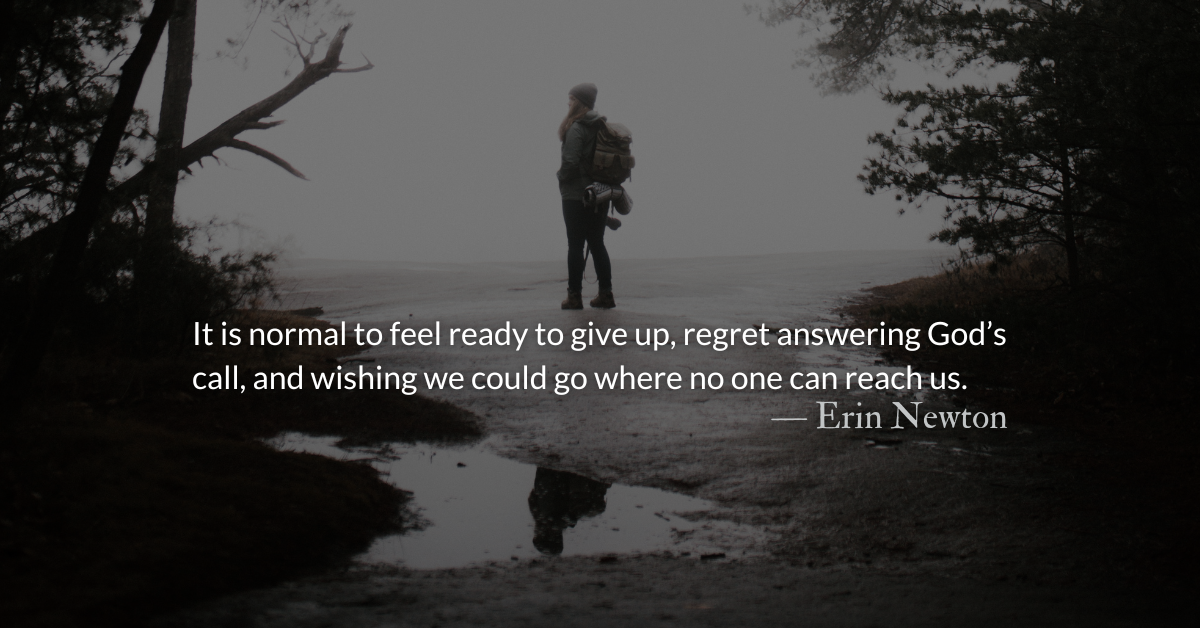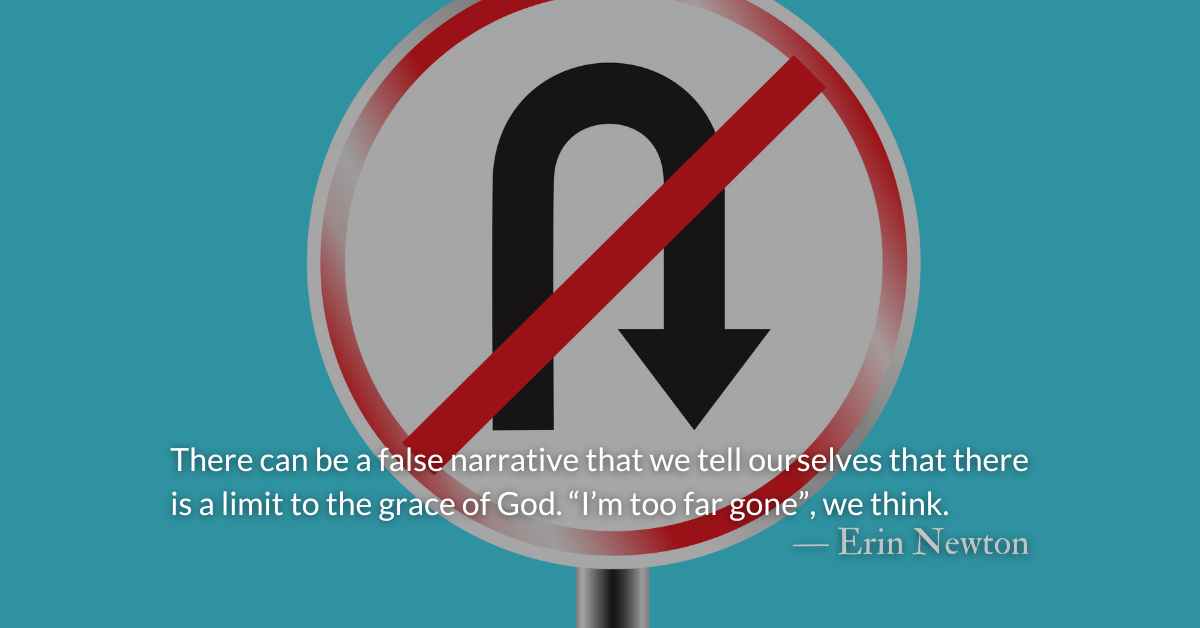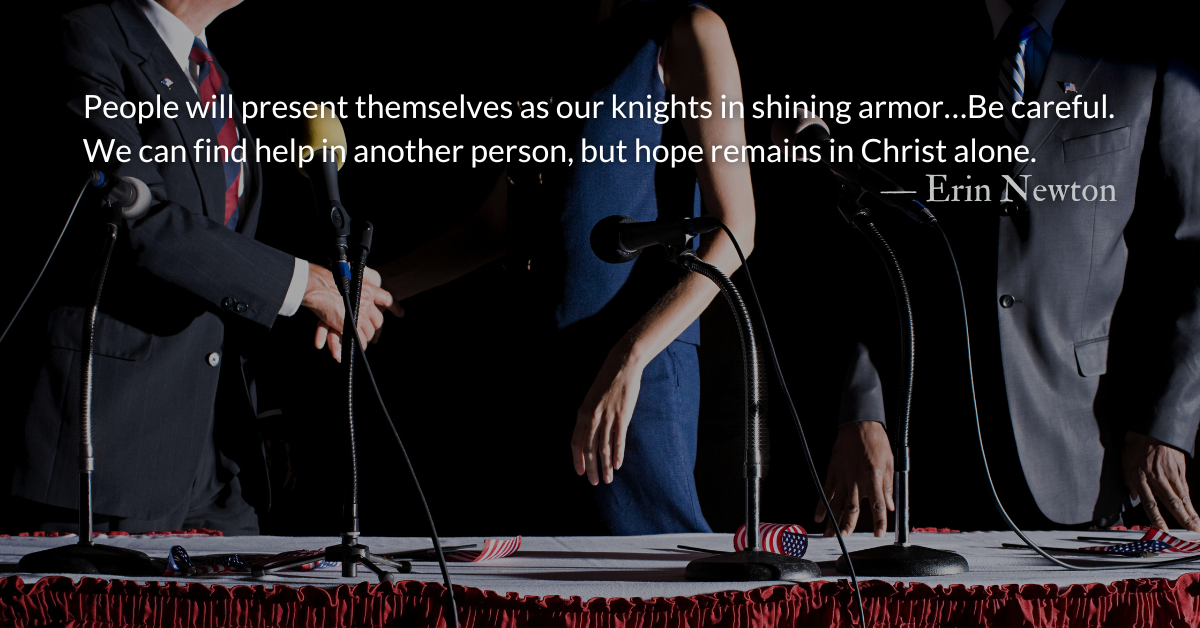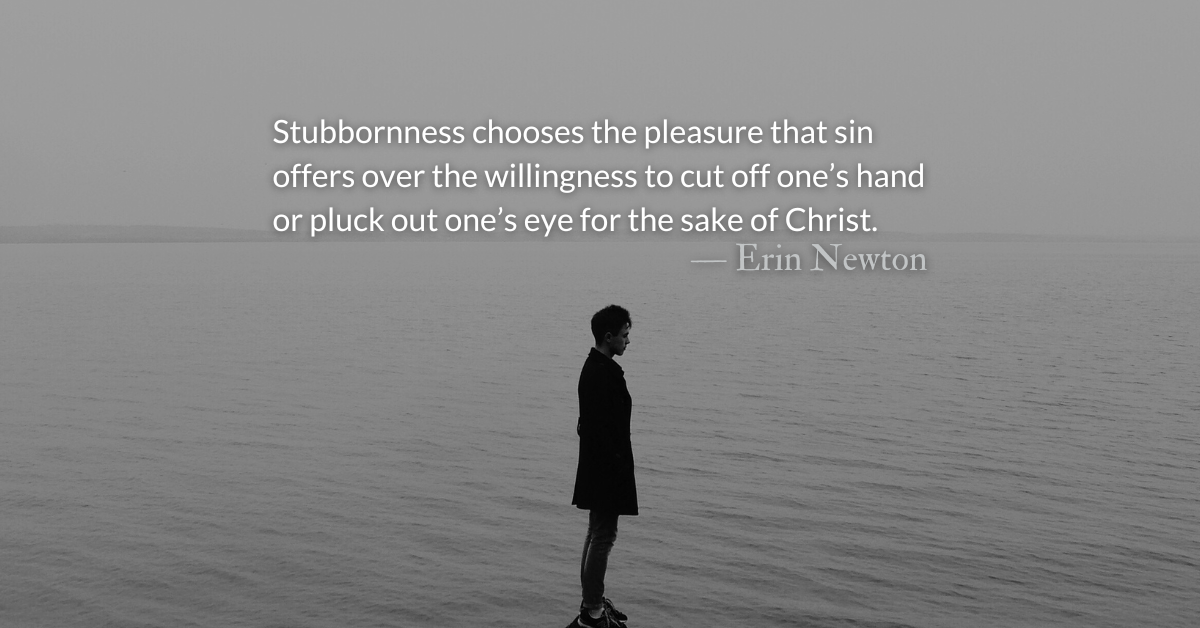Scripture Focus: Jeremiah 20:7, 14, 18
7 You deceived me, Lord, and I was deceived;
you overpowered me and prevailed.
I am ridiculed all day long;
everyone mocks me.
14 Cursed be the day I was born!
May the day my mother bore me not be blessed!
18 Why did I ever come out of the womb
to see trouble and sorrow
and to end my days in shame?
Reflection: Better Unborn
By Erin Newton
Thank God for raw emotions in the Bible. Jeremiah has suffered greatly because of the message to his fellow people. He has called out their sin and they have sought his life in return. He curses his own birth.
Jeremiah’s complaints are sprinkled with positive exaltations of God. He calls God a mighty warrior who thwarts the plans of the wicked. He raises the exhortation to praise God and sing to him. But within the next few words, the prophet returns to wishing he had never been born.
Job also declares that people “are of few days and full of trouble” and asks God to look away and leave them alone (Job 14.1-6). Ecclesiastes states that the dead are better off than the living (Ecc 4.1-3).
We often think that being a Christian means we are constantly at peace with how God works in our lives or that we have some sort of impervious happiness. Neither of these things are true.
Psalm 42 provides another insight into the emotional ups and downs in suffering. The psalmist declares that “tears have been my food.” Then he remembers the joy of festivals. But the depressive thoughts continue, “Why, my soul, are you downcast?” The psalmist tries to counsel himself, searching for the cause of the sadness and trying to cheer himself with thoughts of God.
Neither Jeremiah nor the psalmist ends with a convincingly cheerful attitude. The psalmist repeats the searching question of his downcast soul and affirms that he will continue to hope in God. Jeremiah, too, ends with wishing he had never been born yet admits that even if he tried to withhold God’s message, he would not be able to contain it.
We will face times of pain, grief, and sorrow. It is a lie to think that we shouldn’t wrestle with the pain or disappointment of how our lives are going. It is normal to feel ready to give up, regret answering God’s call, and wish we could go where no one can reach us.
However, we see their example of perseverance. They are sad but they continue. The psalmist vows to keep hoping. Jeremiah continues to share God’s message. No one suffers alone. We are called to bear one another’s burdens. We all feel like Jeremiah at one point or another. Reach out to your friends. Help one another remember the Lord and cling to hope.
Divine Hours Prayer: The Refrain for the Morning Lessons
Let not those who hope in you be put to shame through me, Lord God of Hosts; let not those who seek you be disgraced because of me, O God of Israel. — Psalm 69.7
– From The Divine Hours: Prayers for Summertime by Phyllis Tickle.
Today’s Readings
Jeremiah 20(Listen -3:07)
1 Thessalonians 5(Listen – 2:37)
This Weekend’s Readings
Jeremiah 21(Listen -2:35), 2 Thessalonians 1(Listen – 1:52)
Jeremiah 22(Listen -5:07), 2 Thessalonians 2(Listen – 2:32)
Read more about From the Belly of the Beast
Sooner or later we all experience the belly of the beast—sinking in the darkest hole of our lives…
Readers’ Choice is Coming!
We need to know your favorite posts from the past 12 months. Even if all you have to say is, “It blessed me,” share it with us and we’ll share it with others.











